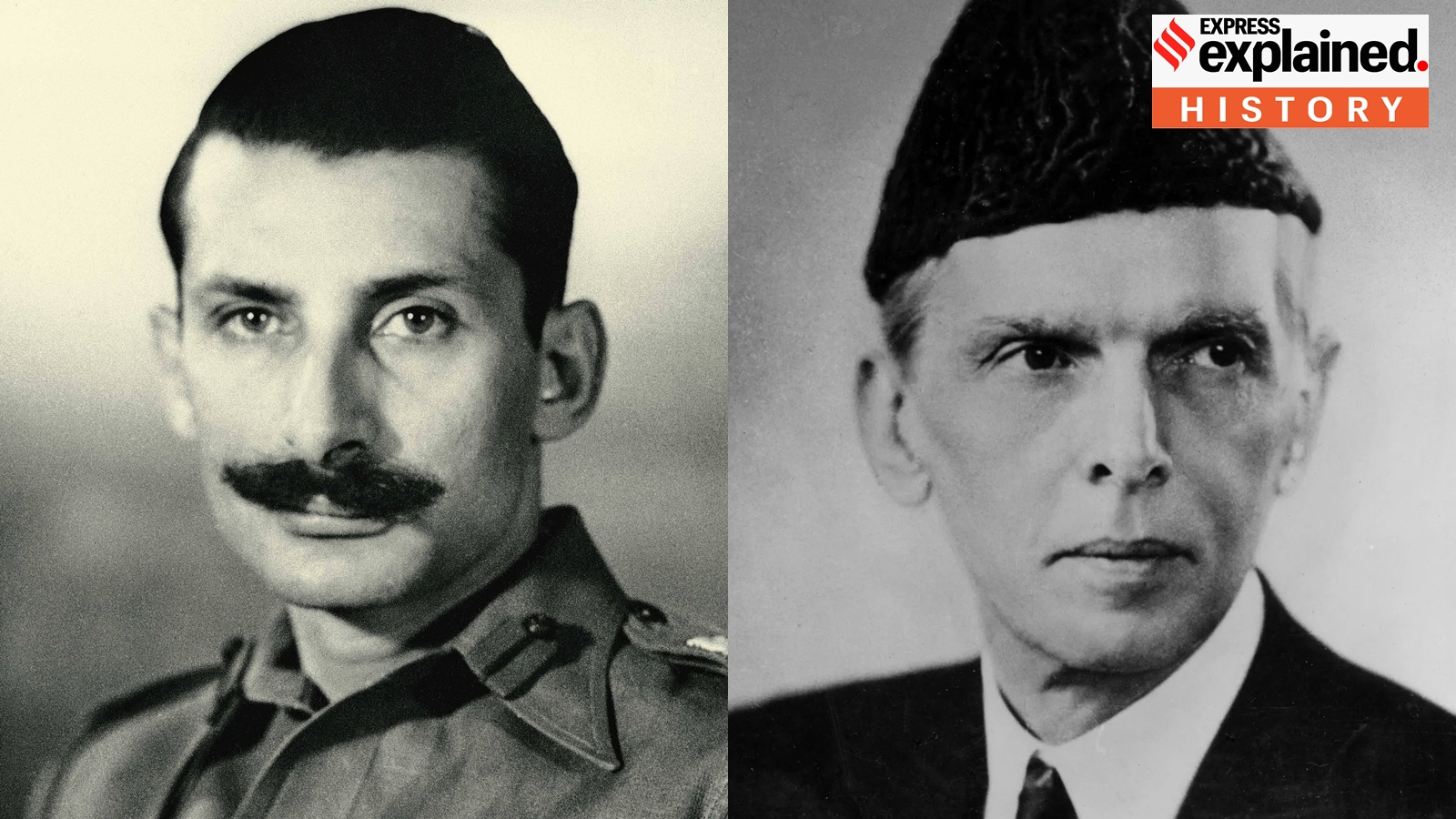Field Marshal Sam Hormusji Framji Jamshedji Manekshaw (1914-2008) is one of the most storied figures in Indian military history, and now the subject of a biopic, Sam Bahadur, which hit theatres today.
Known for his valour and humour alike, Manekshaw’s military career spanned nearly four decades and five wars, from World War II to the 1971 war against Pakistan, where he led Indian forces to a decisive victory.
History, however, could have been very different had Manekshaw chosen differently in 1947. Here is the story.
Partition of the army
The Partition divided much more than just the subcontinent’s landmass. From the railways to the government treasury, the civil services to government assets down to chairs and tables, everything was split between the two nascent countries.
Also partitioned, was the British Indian Army, nearly 400,000 strong in 1947. All assets and indigenous personnel were split between the two countries, with India allotted approximately 260,000 men and Pakistan the rest. Like much else in 1947, this was a complicated, oft-bloody partition, with individual units split up on religious lines.

“They had this terrible problem of getting the Hindu squadrons out [of the northwest frontier] without them being murdered by the Pathans… the Muslim Punjabi Squadron protected… and smuggled them out one night,” Edward McMurdo Wright, a British major who firsthand witnessed the Partition, wrote in his memoir in 1991.
Officers’ choice
While enlisted men did not have a say in which army they would join, that was not true for officers, at least formally.
“Officers received a form on which to record their choice,” historian Brian Lapping wrote in End of Empire (1985). “Most Hindus and Sikhs had no option. Pakistan would not have them. But for those Muslims whose homes lay in what was to be India … many convinced of the need for a secular army in a secular state, chose India,” he wrote. Christian and Parsi soldiers too were faced with a similar choice.
Sam Manekshaw, a Major at the time, was a Parsi born in Amritsar, although his family originally hailed from Bombay (now Mumbai). He spent his early years in the city in Punjab before being sent to Nainital to study at Sherwood College. His parent unit, the 12th Frontier Force Regiment, became part of the Pakistani Army. Thus, Manekshaw was faced with a choice.
Manekshaw denies Jinnah’s request
In fact, Muhammad Ali Jinnah, Pakistan’s founding father, himself requested Manekshaw to join the Pakistani Army. Thankfully for India, Manekshaw turned Jinnah down, despite Pakistan providing rosy career prospects for a talented officer such as him.
“Agreeing with Jinnah would have resulted in faster promotions in the Pakistan Army, but Sam preferred to remain in India,” Colonel Teja Singh Aulakh (then a Major) said, as quoted in Hanadi Falki’s biography of Field Marshal Manekshaw.
A large chunk of the British Indian Army’s top leadership comprised British officers. Thus, in 1947, armies of both India and Pakistan stared at a major leadership vacuum. This was especially true for Pakistan, with most native officers being Hindu or Sikh and staying on in India. Consequently, for young Pakistani officers, a rapid rise up the ranks beckoned.
Manekshaw was transferred first to the 16th Punjab Regiment for a very brief while, and later, as Lieutenant Colonel, to the 5th Gorkha Rifles. He would, however, not serve with Gorkha troops, being assigned to the Army Headquarters’ Military Operations Directorate during the 1947-48 Kashmir War.
Years later, after his retirement, Field Marshal Manekshaw was asked about his decision in 1947. He, in jest, responded, “Jinnah had asked me to join the Pakistan army in 1947. If I had, you would have had a defeated India [in 1971].”

Ananya Das is your guide to the latest trends, viral sensations, and internet phenomena. Based on a keen understanding of digital culture, Sophie navigates the ever-evolving landscape of trending topics. With an insightful and engaging approach, she explores what’s buzzing across social media platforms, ensuring readers stay in the loop with the most talked-about and shareable content online.


